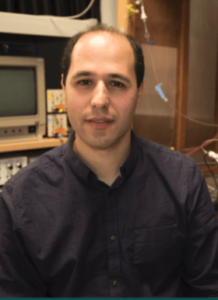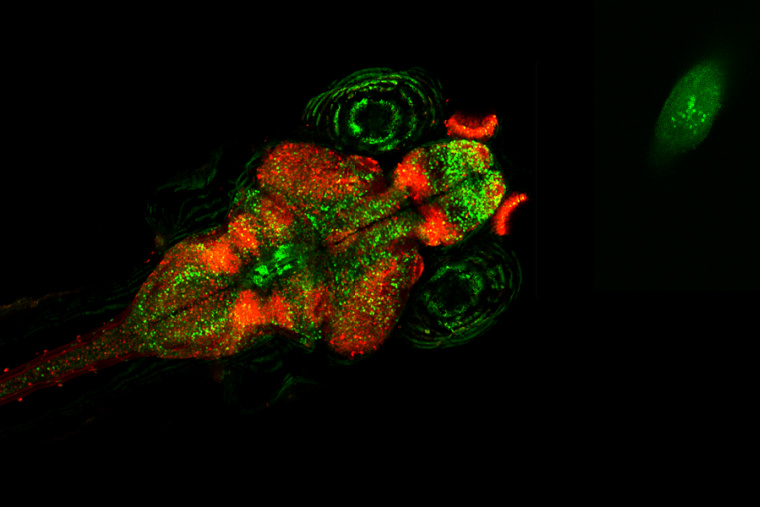In collaboration with Vitaly Klyachko in the Department of Cell Biology and Physiology at WashU, the funds will support research into the function of sensory neurons and partners known as satellite glial cells.

Valeria Cavalli, PhD, the Robert E. and Louise F. Dunn Professor of Biomedical Research in the Department of Neuroscience at Washington University, has received a grant of more than $400,000 to understand the origins of hypersensitivity in Fragile X syndrome (FXS). This genetic disorder, which accounts for the most cases of autism by a known genetic variant, leads to both somatosensory deficits and hypersensitivity to sensory stimuli. With this new award, the Cavalli Lab, in collaboration with the lab of Vitaly Klyachko, PhD, a Professor of Cell Biology and Physiology at WashU, will investigate dysfunction of sensory neurons and surrounding cells called satellite glial cells in a mouse model of Fragile X syndrome.

“Research on sensory hypersensitivity in Fragile X has so far been focused on sensory processing deficits in brain circuits. Yet, despite two decades of intensive studies, mechanisms of sensory deficits in FXS remain poorly understood and no targeted treatments are available,” said Cavalli.
The Cavalli Lab is therefore turning to the peripheral nervous system to examine any functional impairments. Sensory neurons innervating the skin gather at sites near the spinal cord in what are known as dorsal root ganglia. Satellite glial cells enveloping neurons in DRGs and modulate their activity. Their project will test how communication among the satellite glial cells and sensory neurons functions in the context of FXS. “Identifying the source of sensory deficits will open new research avenues for potentially correcting hypersensitivity,” Cavalli said.
Learn more about the Cavalli Lab and the Klyachko Lab »
Related articles

Protein linked to intellectual disability has complex role
